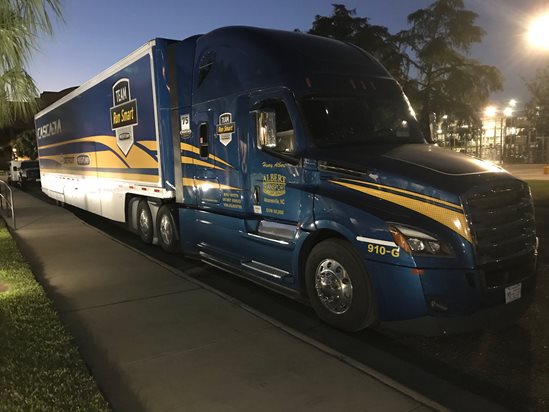
When your business becomes complacent, you leave the door wide open to become nothing more than a commodity. The definition of commoditization is the act of making a “process, good or service easy to obtain by making it as uniform, plentiful and affordable as possible. Something becomes commoditized when one offering is nearly indistinguishable from another. As a result of technological innovation, broad-based education and frequent iteration, goods and services become commoditized and, therefore, widely accessible. This definition came from Investopedia.
We need to be aware that becoming just a commodity places us in the position of competing on price alone. In business, being powerless to negotiate on any angle but price is a bad position to find yourself in. Be a visionary and do everything you can to make sure it doesn’t happen in your business. What do you do that differentiates you in the marketplace? We need to think this through in depth to make sure it’s not just one thing. Sometimes, it’s easy to become complacent and rest on our laurels. This is when other competitors have a chance to steal your business as they recognize changes that are happening within the marketplace.
I like to look at other business examples and how they have creatively mastered the art of being proactive in the marketplace. For example, when growing up as a child, I remember going to the gas station with my parents and grandparents to fill up the car with gasoline. We would pull into the full-service station as the attendant would greet us with a warm welcome. Often, we were asked, “would you like a fill up today?” The attendant would then proceed to check the oil, clean the windshield, look for low tires and take our money. There were also many other services that the gas station would provide. These included: oil changes, brake jobs and tire replacements. The stations also typically had one restroom, vending machines which dispensed cigarettes, newspapers, snacks and soda pop. This was the typical gas station of years ago. One could find directions and/or maps if needed. In those days, gas stations would market themselves by advertising different slogans and grades of fuel. I remember this clearly when my grandfather would take me along to fuel up the car. On the fuel pump, there was an endless array of octane levels in which to choose. For some reason, my grandfather would always choose the highest and most expensive grade of fuel.
What ever happened to the full-service gas station? The first change came during the oil embargo of the 1970’s. A person was lucky to even get fuel as the prices skyrocketed and rationing took place. Motorists could only get gas on certain days and amounts were limited to each vehicle. The oil crisis was the beginning of the end for the full-service station. Oil companies figured that customers would be willing to pump their own gasoline for exchange for saving a few pennies. This was the beginning of commoditization. The attendants were no longer needed which diminished any differentiation of service as the customer was serving himself. Commoditization began if full force as people would drive across the street in order to save pennies per gallon from the competitor.
Over time, the stations who survived switched from being service stations to becoming convenience stores. This allowed their businesses to get a leg up on their competition by adding various food items, coffee, donuts, larger variety of snacks and drinks. Eventually, this grew into the services which are offered today in many large gas/convenient stores across the country. Today, you can find just about anything a traveler needs for the road as well as his/her stomach. You’ll even find an isle carrying over the counter medications if needed. Many folks stop at these locations and won’t even purchase gasoline but will go inside for breakfast, lunch or dinner. Oddly enough, these automobile refueling centers are the last place you’ll find a tire or fan belt for your car.
I realize this business is different from transportation however there are many forces at work which are trying to commoditize our business as well. Be sure of these things…customers are going to be customers. Meaning, they will always demand more, want it faster, easier and this is just our “reality.”